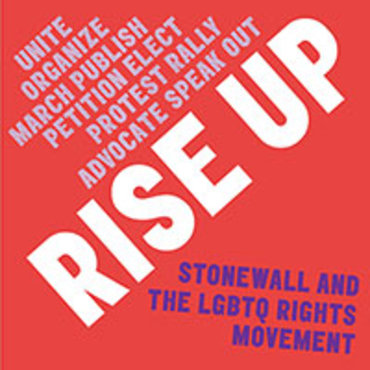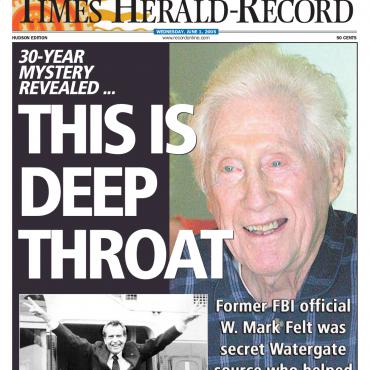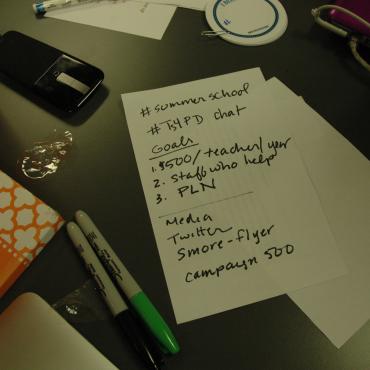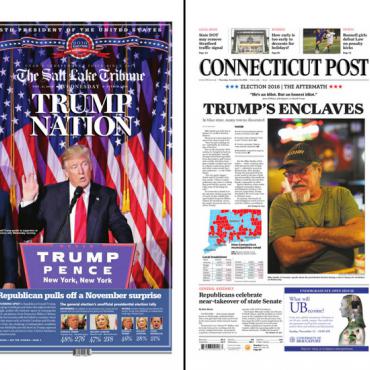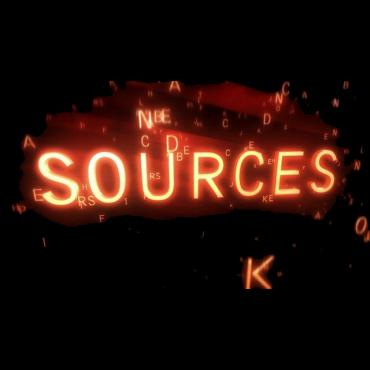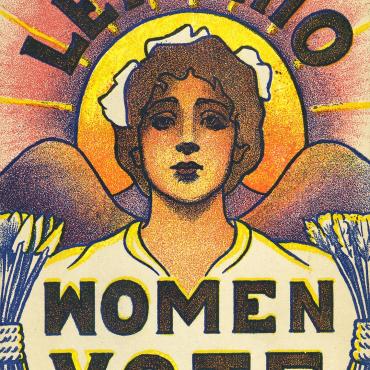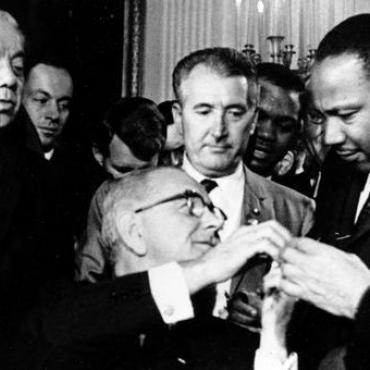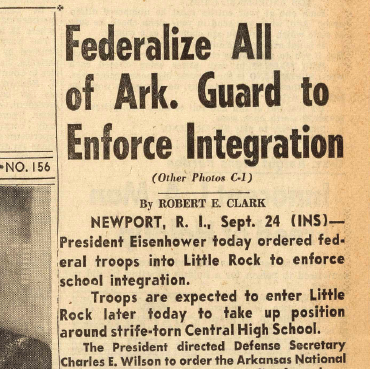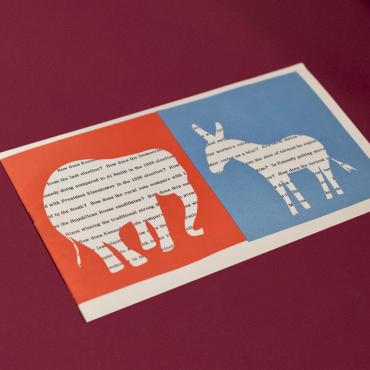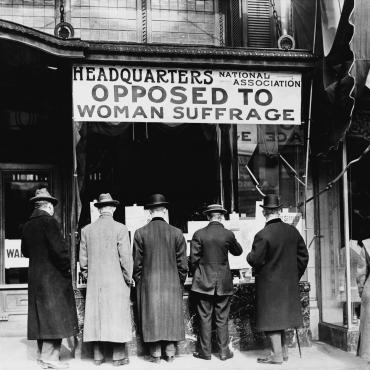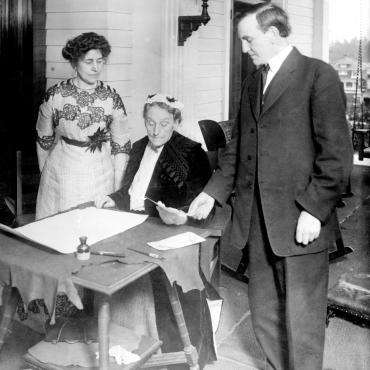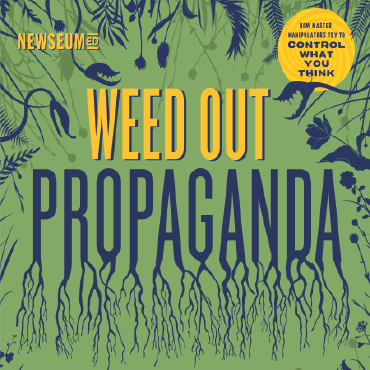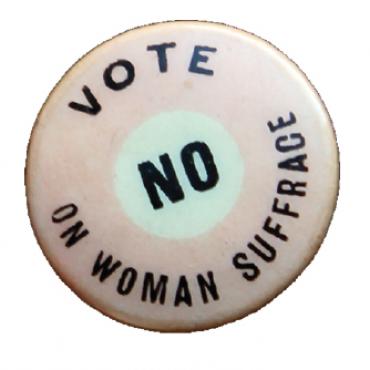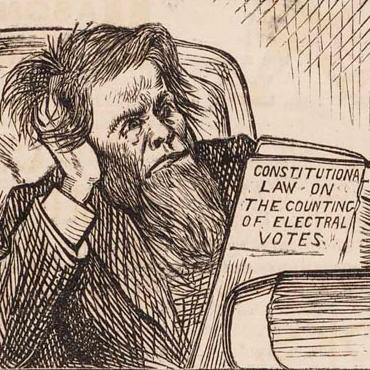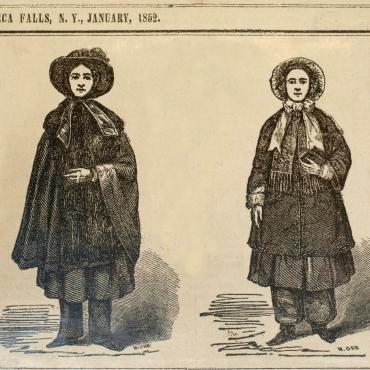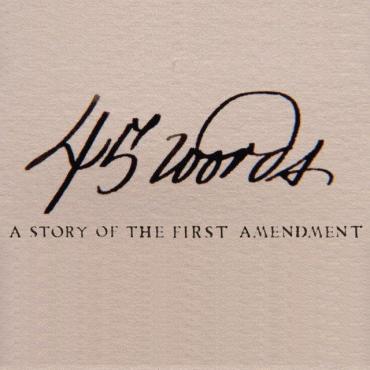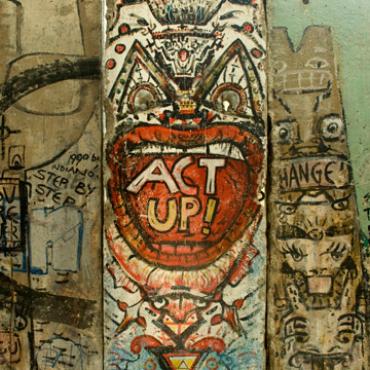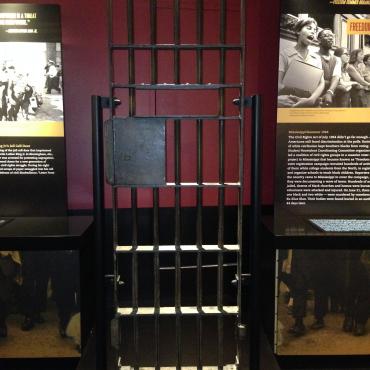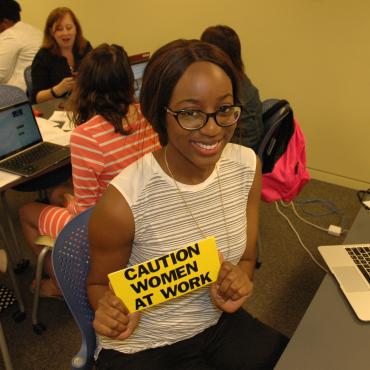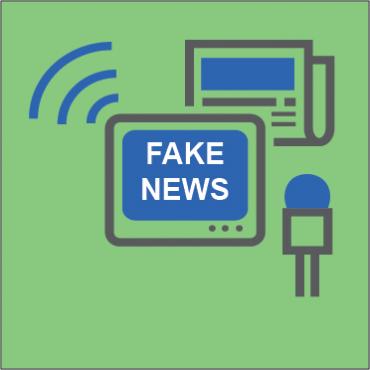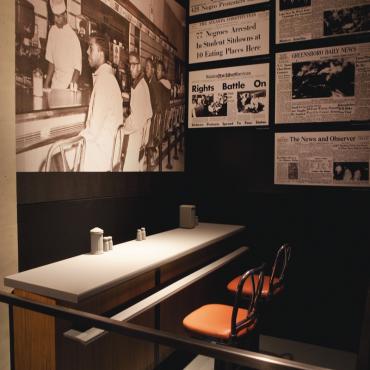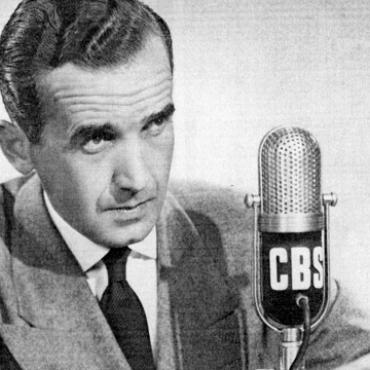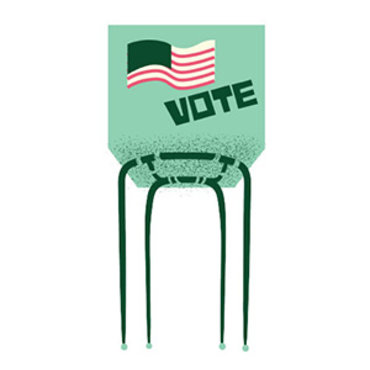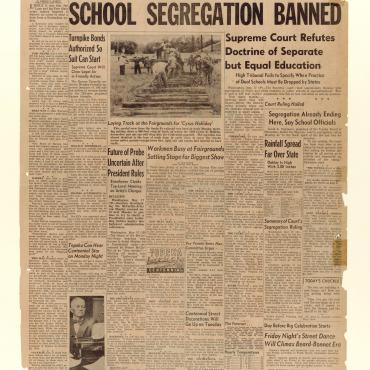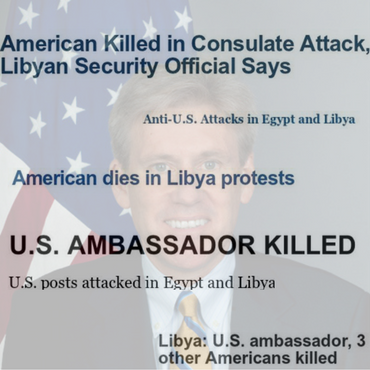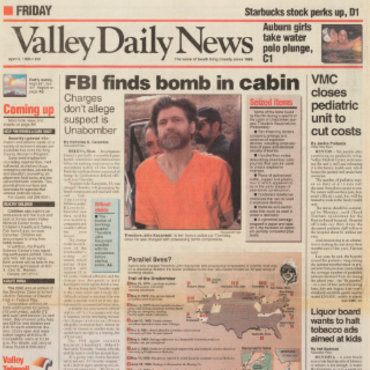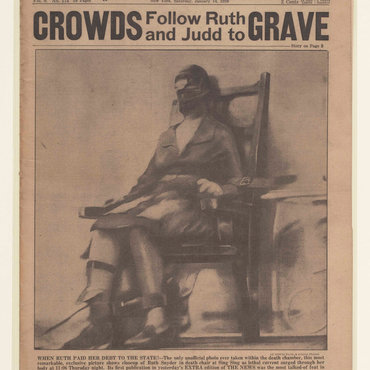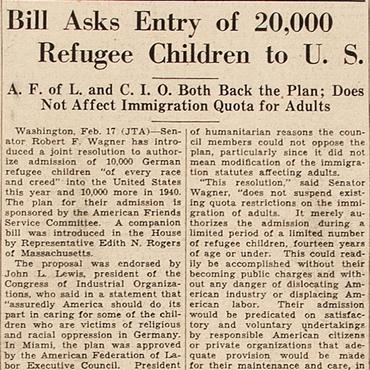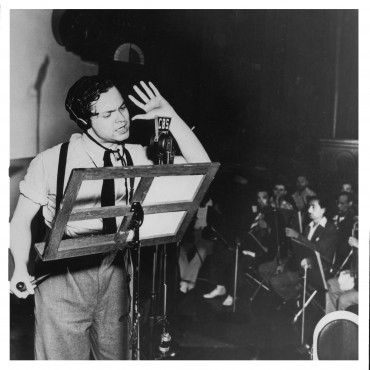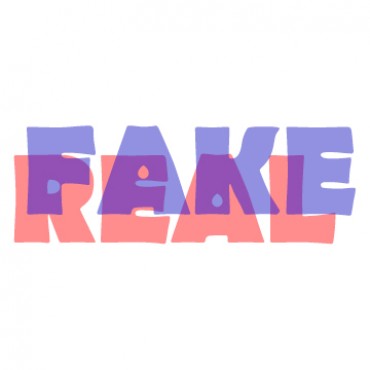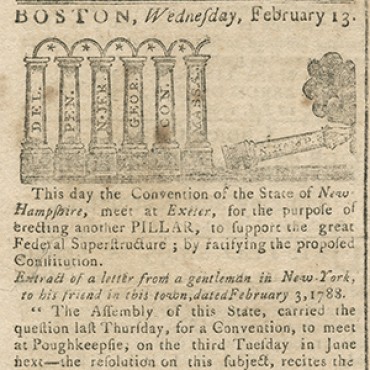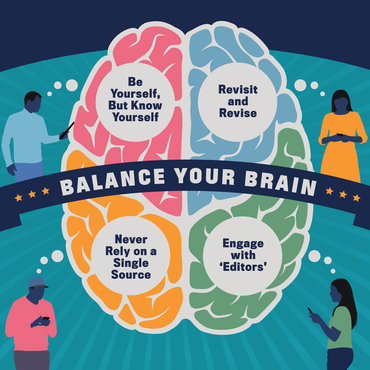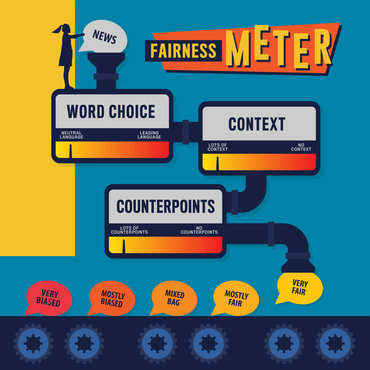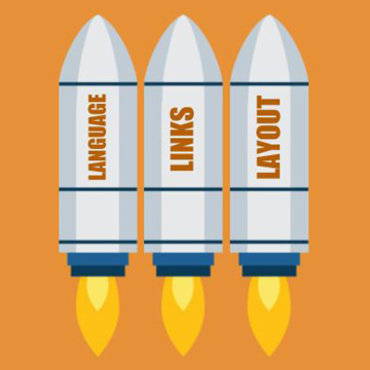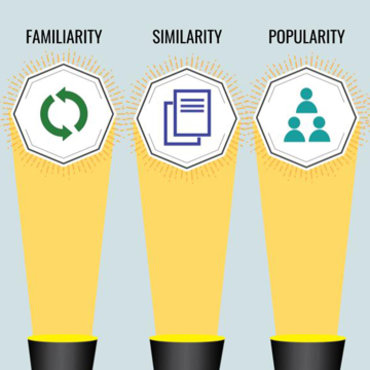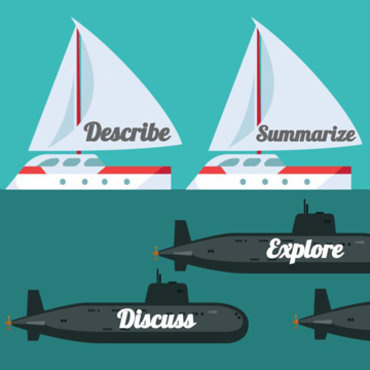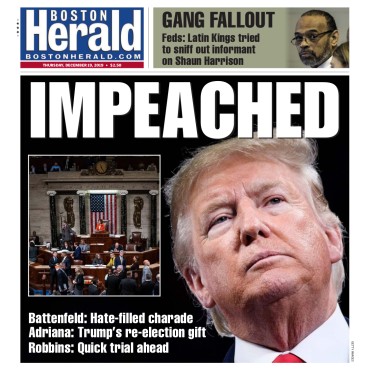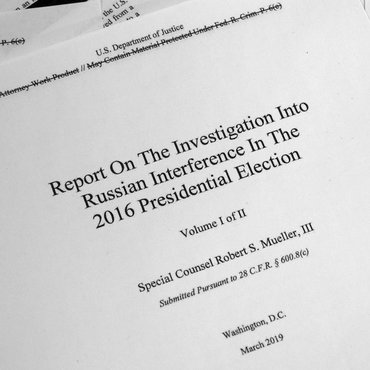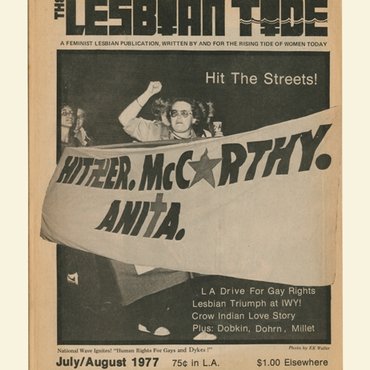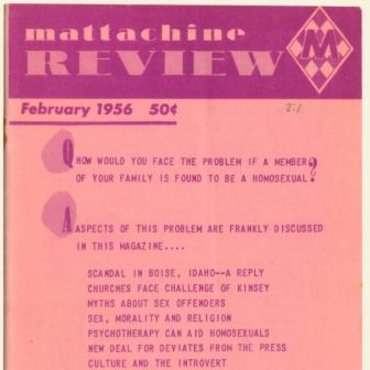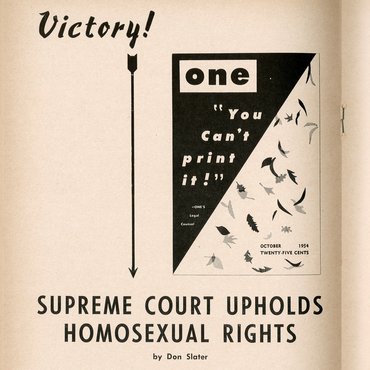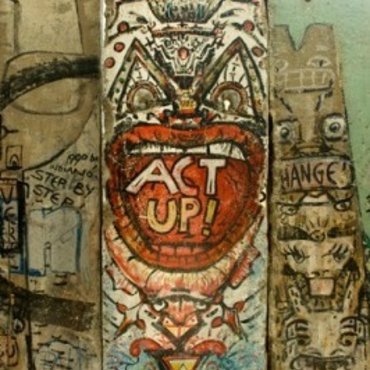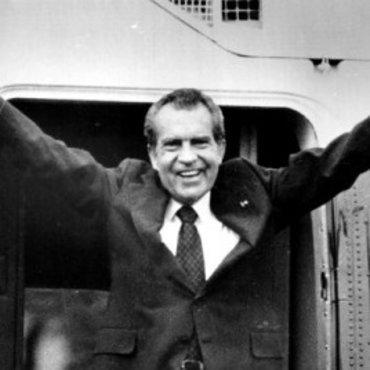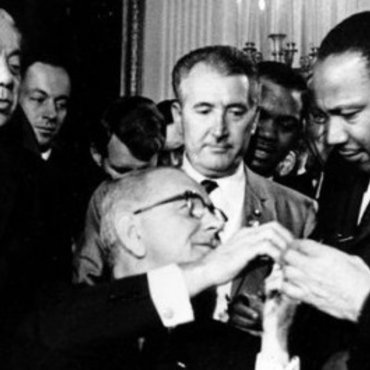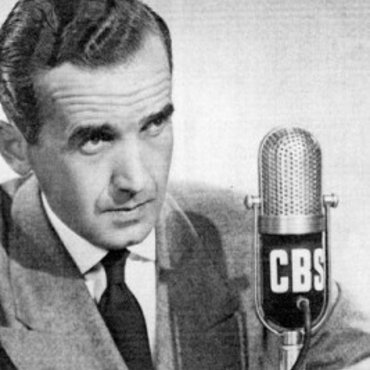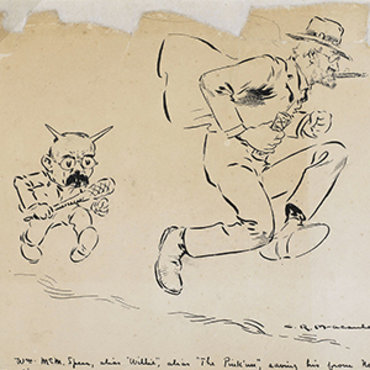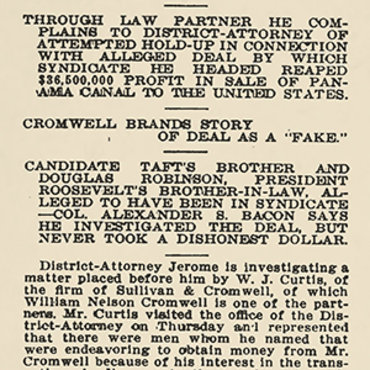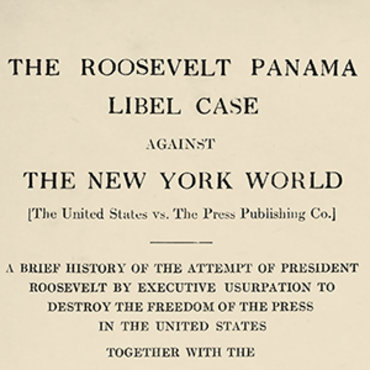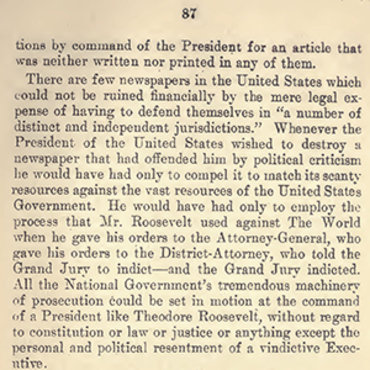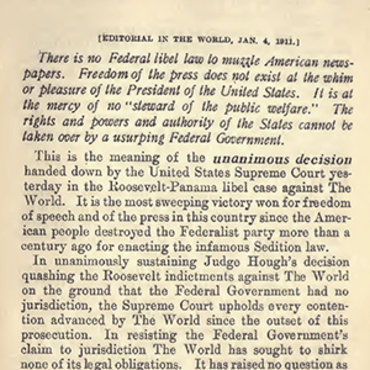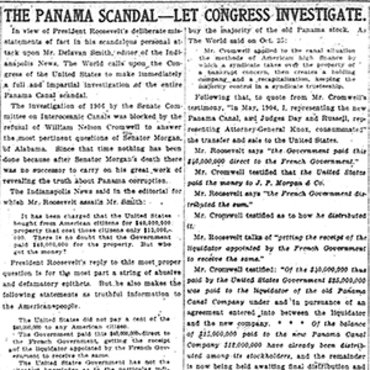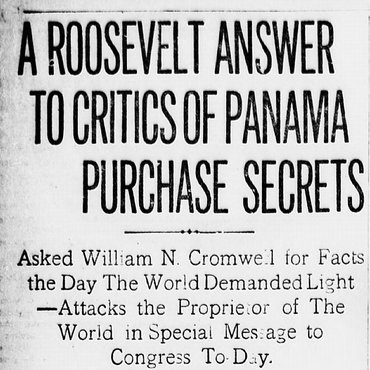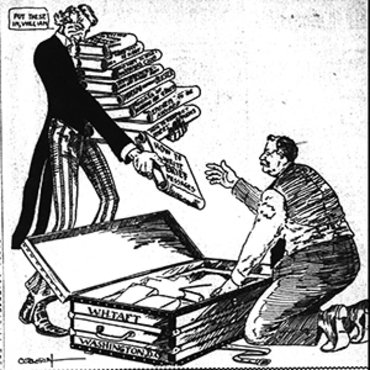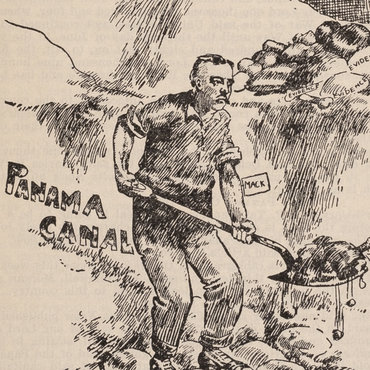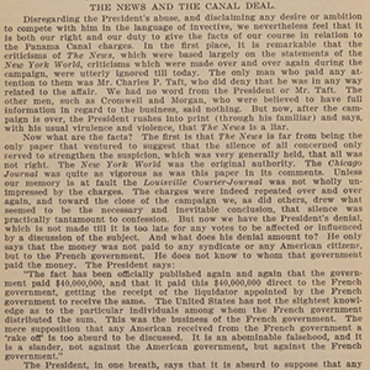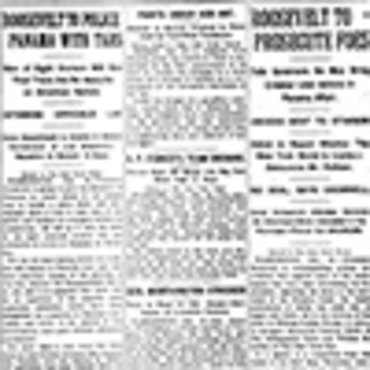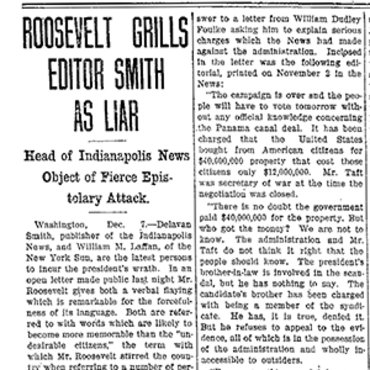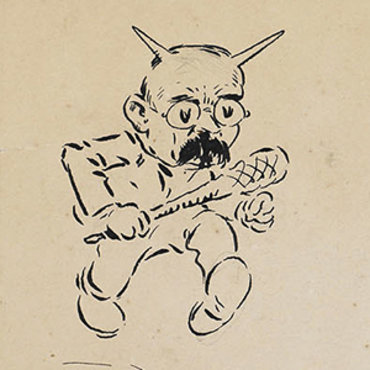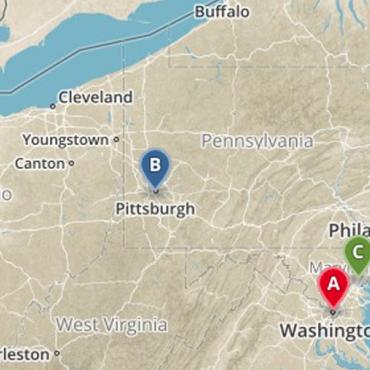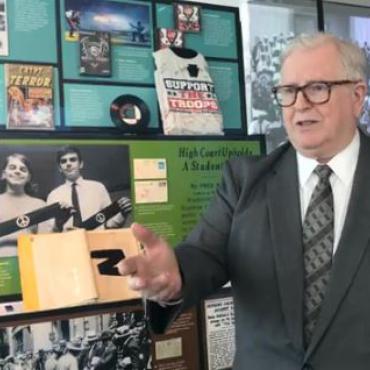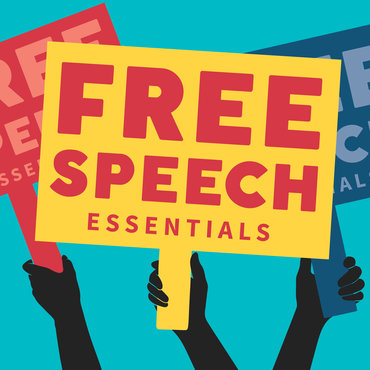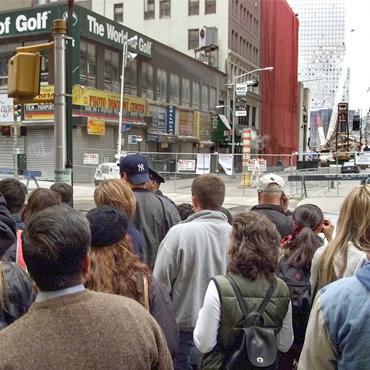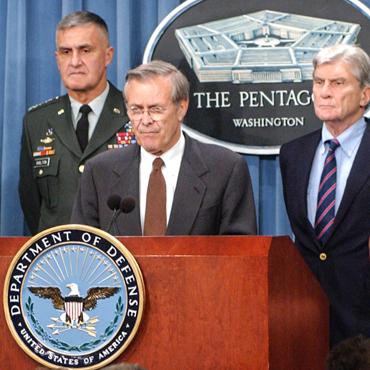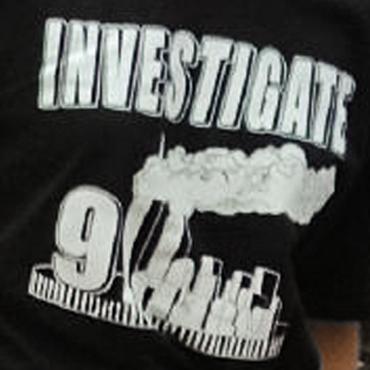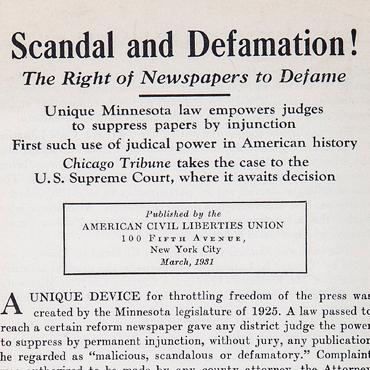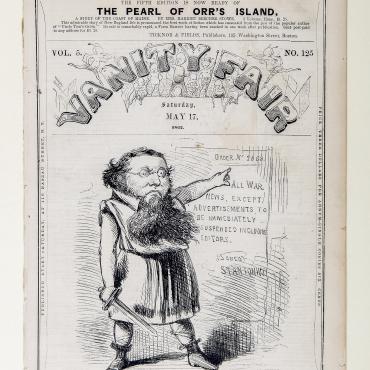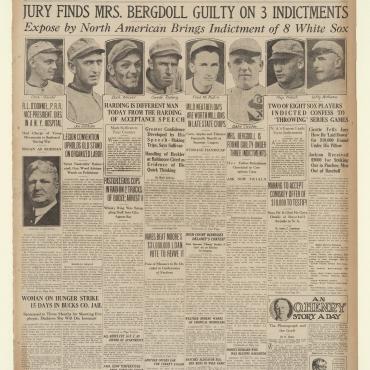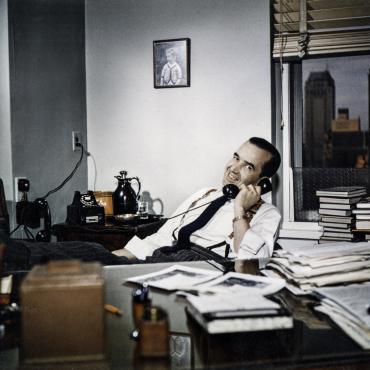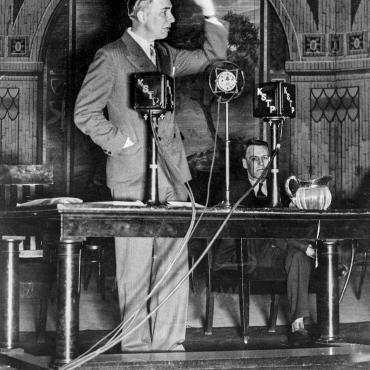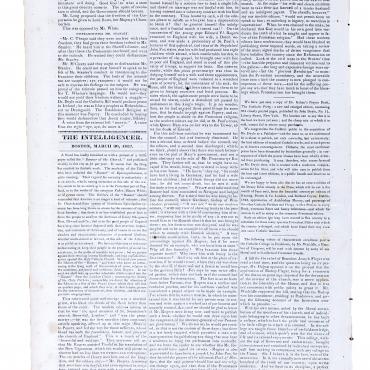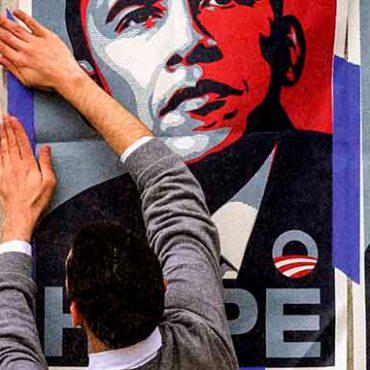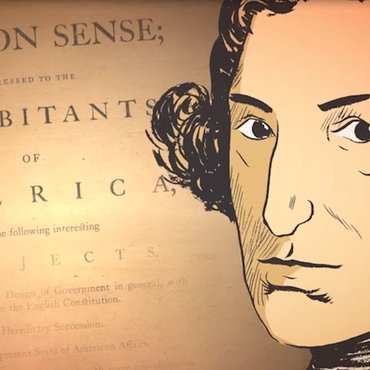
'Watergate' Video Lesson
This video tells the story of the Watergate scandal and coverage of it through primary source news footage.
Get even more great free content!
This content contains copyrighted material that requires a free NewseumED account.
Registration is fast, easy, and comes with 100% free access to our vast collection of videos, artifacts, interactive content, and more.
NewseumED is provided as a free educational resource and contains copyrighted material. Registration is required for full access. Signing up is simple and free.
With a free NewseumED account, you can:
- Watch timely and informative videos
- Access expertly crafted lesson plans
- Download an array of classroom resources
- and much more!
- Journalism
- Politics
- 9-12
- College/University
- Tell students that they will learn more about the role of the press in the historic Watergate scandal. Check for background knowledge by asking:
- What do you know about the Watergate scandal and President Richard Nixon?
- How does the press play a role in politics?
- The journalists who broke this story relied heavily on anonymous sources and had to weigh the risks and benefits of printing information from individuals who did not want to be named. These journalists also demonstrated the power of investigative reporting, protected by freedom of the press, to unearth government corruption, keep the public informed and bring about political change.
- Explain that as they watch the video, students will look at the ethical guidelines journalists attempt to follow when dealing with high-stakes stories. Hand out copies of the viewing guide worksheet. Have students read the questions before watching the video and then take notes as they watch
- Watch the video.
- Ask students to complete the comprehension questions (in class or for homework).
- “Watergate” Video Lesson worksheet (download), one per student
- Internet connection to watch “Watergate” video
- “Watergate” handout (download, optional)
You may wish to assign one or more of these questions as short essays for homework.
- John Mitchell stated: “Neither the president nor anyone in the White House, or anybody in authority in any of the committees working for the re-election of the president, have any responsibility for [the Watergate break-in].” Evidence showed this was a lie. How should journalists report statements that are not true? Is it a journalist’s job to call a lie a lie, or just to report what was said?
- The Washington Post used anonymous sources for much of the information that appeared in its Watergate reporting. What is an anonymous/unnamed source? What are the pros and cons of using unnamed sources?
- The press is sometimes referred to as a “watchdog” in our society. How is the press a watchdog? Whom is it watching, and why? Why is this role important in a democracy?
- How should reporters evaluate whether or not to publish information that could harm an individual or jeopardize a person’s job? When is it ethical (right) to publish this information? When is it unethical (wrong)?
- How did the White House fight back against the accusations the news media published? Were these tactics effective?
- Imagine you are the editor of a large newspaper, and two young reporters come to you with a story they say could lead to the impeachment of the president. What questions would you ask these reporters? What evidence would you want to see? How would you decide whether or not to publish their story?
- The live TV broadcasts of the Watergate hearings in 1973 were a big deal. How do you think these live broadcasts affected the course of events? What types of hearings are going on in government today? Would you prefer to watch these hearings live or read/watch a report about them after the fact? Why?
- Imagine you are a reporter showing up at the scene of the Watergate break-in. Police are swarming around the building and have detained the burglars. Prepare notes for how you will handle the situation. To whom do you want to talk? What questions will you ask? Use the reporter’s questions to make sure you cover all the bases: who, what, where, when, why and how? Write at least two questions starting with each of the reporter’s questions.
- Look at other winners of the Pulitzer Prize for Public Service, from 1918 to the present. (Available here: http://www.pulitzer.org/bycat/Public-Service) What other harmful practices or wrongdoing were investigated and revealed by journalists over the years? Pick five winners from a range of decades and make a chart that answers these questions for each story: What was happening? Who was affected or damaged by it? Was any action taken to correct the problem?
- What are some investigations you’d like to see journalists undertake — locally, nationally or internationally — that would serve the public? Come up with three ideas, and write a paragraph for each one explaining what the story is and why it is important to investigate.
- Find an example of investigative reporting in recent news. Read the article/watch the report and write a short report that addresses these questions: What story did the journalists investigate? Why do you think the journalists chose to report on this story? What did the journalists find? What do you think the effects of this story will be? Do you think this was a worthwhile investigative journalism project? Why or why not?
- Create a timeline of the major events in the Watergate scandal, including a short description of each event’s importance. Begin your research with “The Washington Post” online Watergate archive. (Available here: http://www.washingtonpost.com/wp-srv/politics/special/watergate/)
- Research the most famous Watergate anonymous source, W. Mark Felt, also known as “Deep Throat.” Begin by reading this “Washington Post” article and watching the short video in which Bob Woodward talks about his relationship with Felt:. (Available here: http://www.washingtonpost.com/wp-srv/politics/special/watergate/part4.html) Prepare a presentation for your class. Questions to address include: Who was W. Mark Felt? Why did he take his information to the press? Why did Bob Woodward trust Felt? What other individuals were suspected of being Deep Throat? When was Felt’s identity finally revealed and why?
- Watch the movie “All the President’s Men” (rated R). Write a report about how the movie depicts the role of the press in politics.
-
Common Core State Standards: CCSS.ELA-LITERACY.CCRA.SL.2
Integrate and evaluate information presented in diverse media and formats, including visually, quantitatively, and orally.
-
National Center for History in the Schools: NCHS.Historical Thinking.3
A. Compare and contrast differing sets of ideas. B. Consider multiple perspectives. C. Analyze cause-and-effect relationships and multiple causation, including the importance of the individual, the influence of ideas. D. Draw comparisons across eras and regions in order to define enduring issues. E. Distinguish between unsupported expressions of opinion and informed hypotheses grounded in historical evidence. F. Compare competing historical narratives. G. Challenge arguments of historical inevitability. H. Hold interpretations of history as tentative. I. Evaluate major debates among historians. J. Hypothesize the influence of the past. -
National Center for History in the Schools: NCHS.US History.Era 10
Standard 1: Recent developments in foreign policy and domestic politics Standard 2: Economic, social, and cultural developments in contemporary United States
-
Center for Civic Education: CCE.V
A. What is citizenship? B. What are the rights of citizens? C. What are the responsibilities of citizens? D. What civic dispositions or traits of private and public character are important to the preservation and improvement of American constitutional democracy? E. How can citizens take part in civic life?
